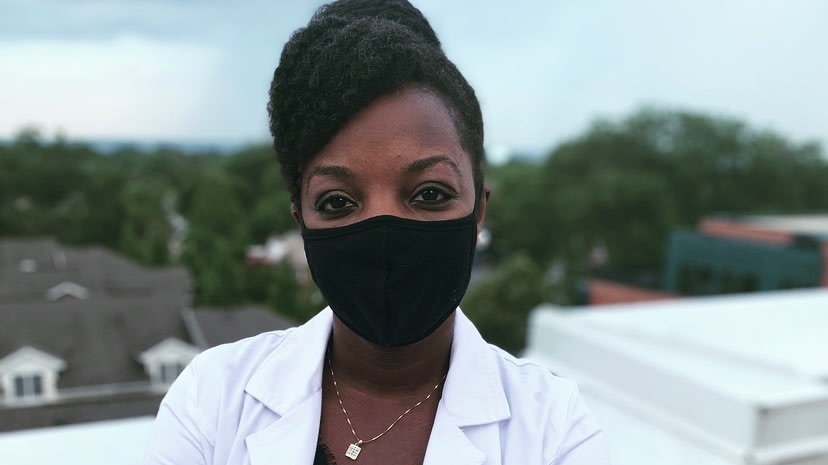If you’re interested in sharing your opinion on any cultural, political or personal topic, create an account here and check out our how-to post to learn more.
____
Not only is the Black community experiencing higher rates of COVID-19 related deaths, but the rate of pregnancy-related deaths among Black women is three to four times higher than that of their white counterparts. The healthcare system, like the criminal justice system, suffers from structural racism and bias that leads to disproportionate deaths among Black people.
Poorer medical treatment and limited access to care are contributing factors that can lead to traumatic birth experiences, and ultimately, maternal death. But the same structural, systemic and institutional racial inequities that lead to disparate death rates also raise another important question — what happens to the women who undergo traumatic birth experiences and survive?
These women, who are disproportionately Black, are at risk for postpartum depression and mental health issues during subsequent pregnancies. Historically, Black women have been less likely to receive treatment for postpartum depression, which, when left untreated, places women at risk for prolonged depression and suffering. Furthermore, untreated postpartum depression places children at risk for long-term health consequences, including developmental delays, behavioral problems, poorer academic performance, mental health issues, etc.
With the culmination of stressors created by the COVID-19 pandemic, we are seeing the genesis of a mental health crisis. The psychological impacts of racial bias in clinical care are now amplified by social isolation, loss and unemployment. Mothers require social support for their families to thrive, but COVID-19 is also limiting their typical social networks. It is critical that we prioritize Black women’s mental wellness, since early detection and treatment is the key to altering the course of poor maternal and child outcomes.
As a Psychiatry Fellow focusing on women and children in the D.C. metro area, I am launching an initiative to raise awareness to this crisis and provide mental health care to low-income, minority women and children that are most at-risk. Black women are *resilient, and we should praise that inner strength while also normalizing mental health and postpartum support.
